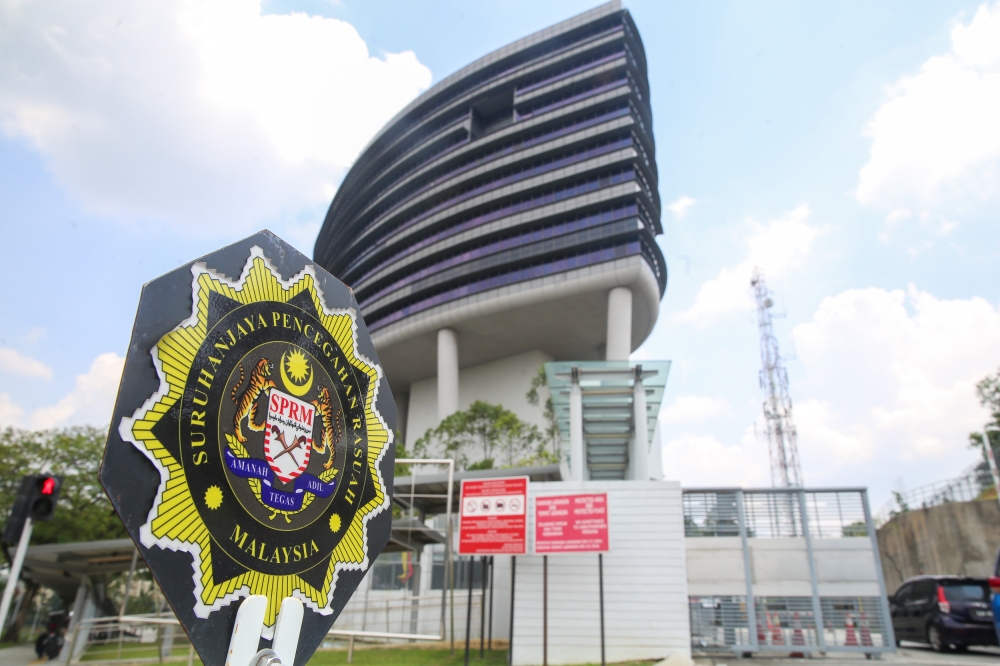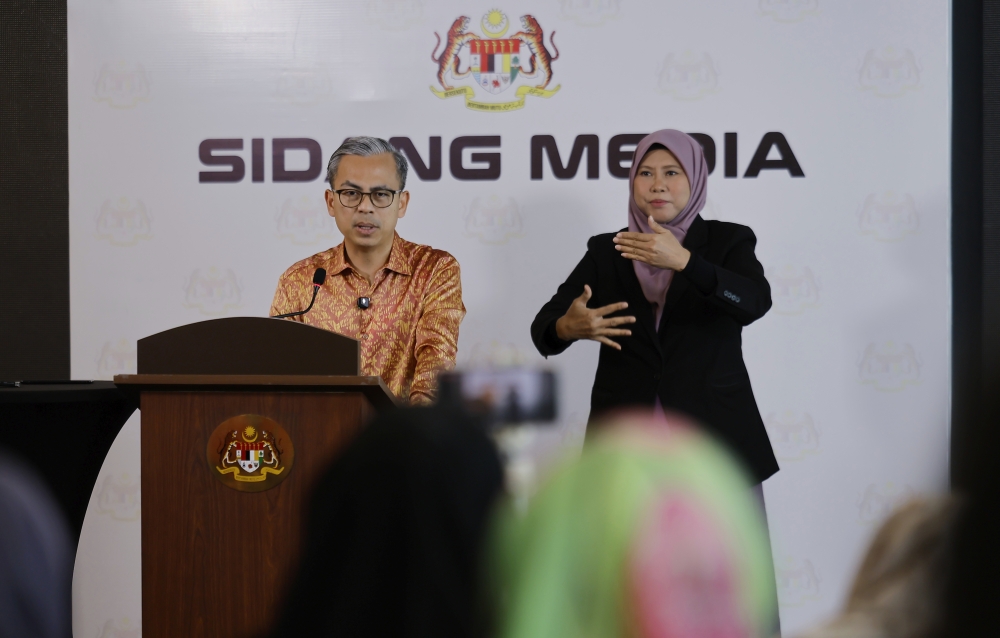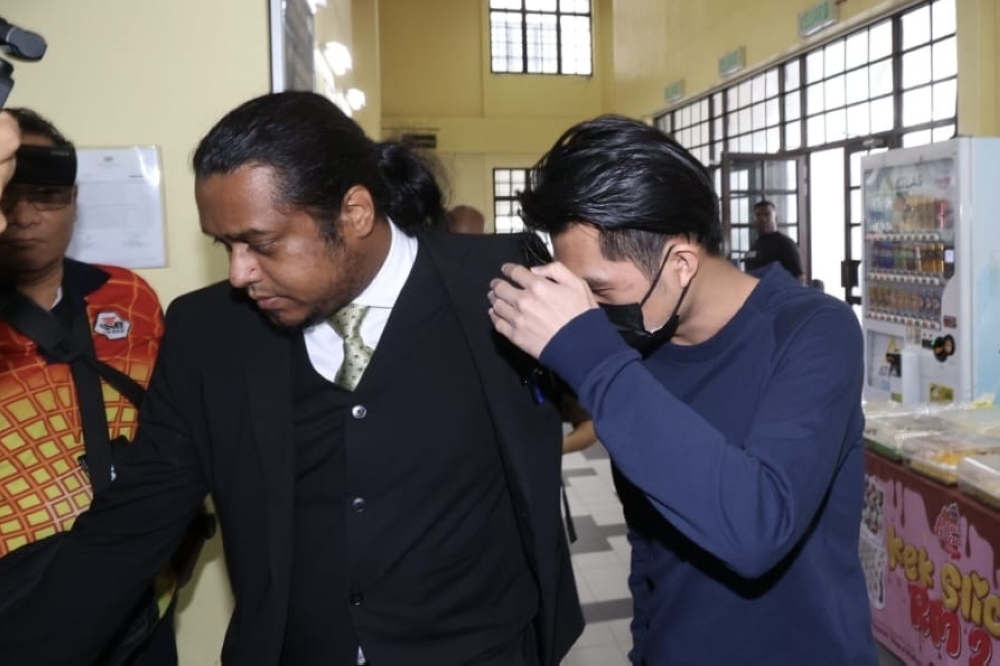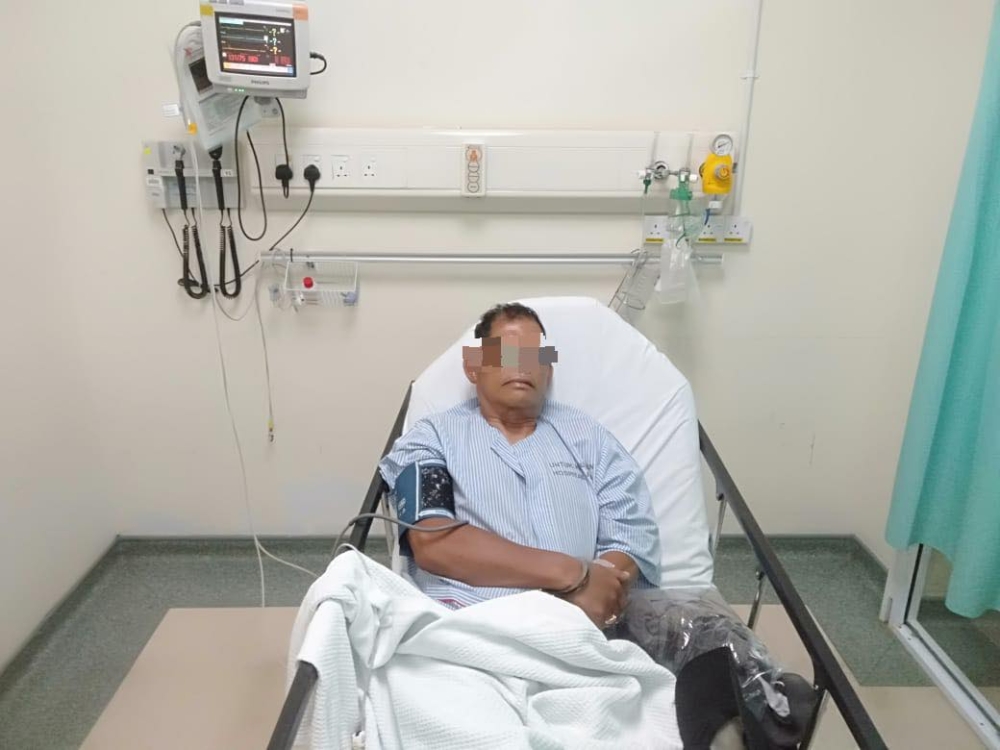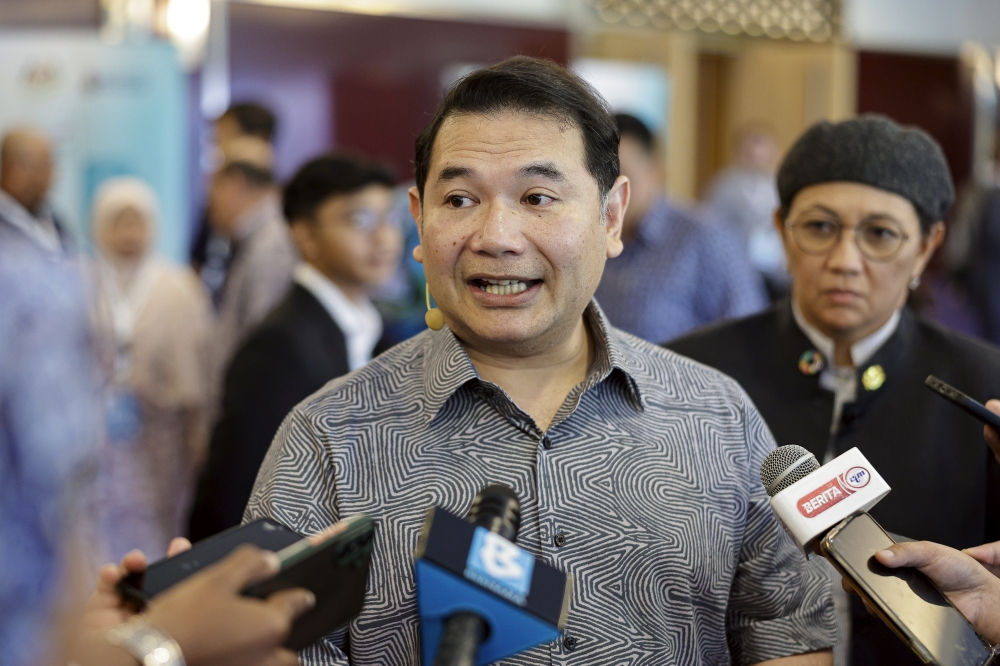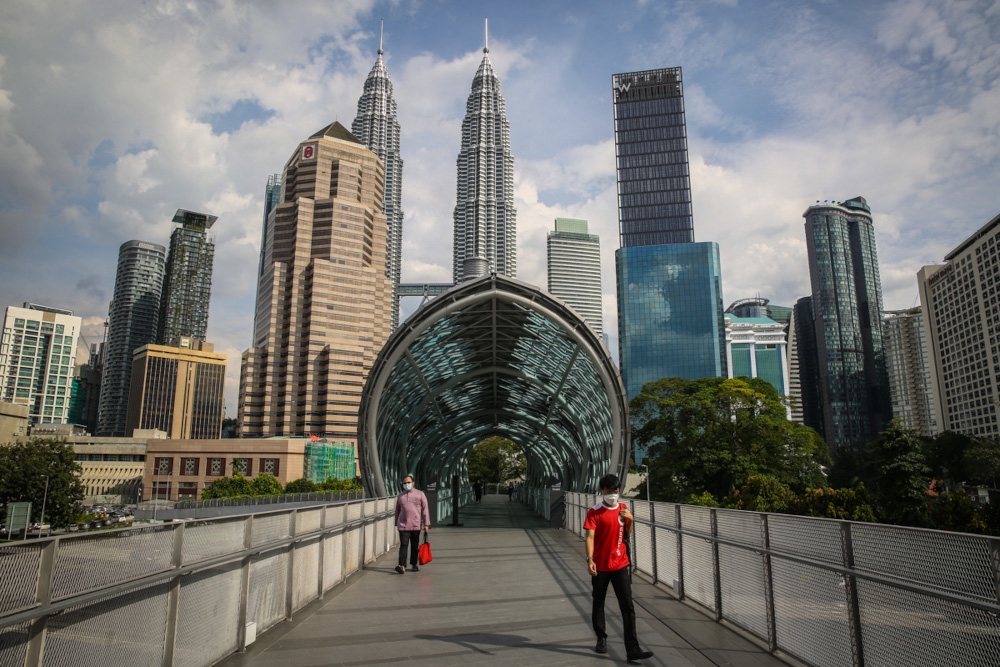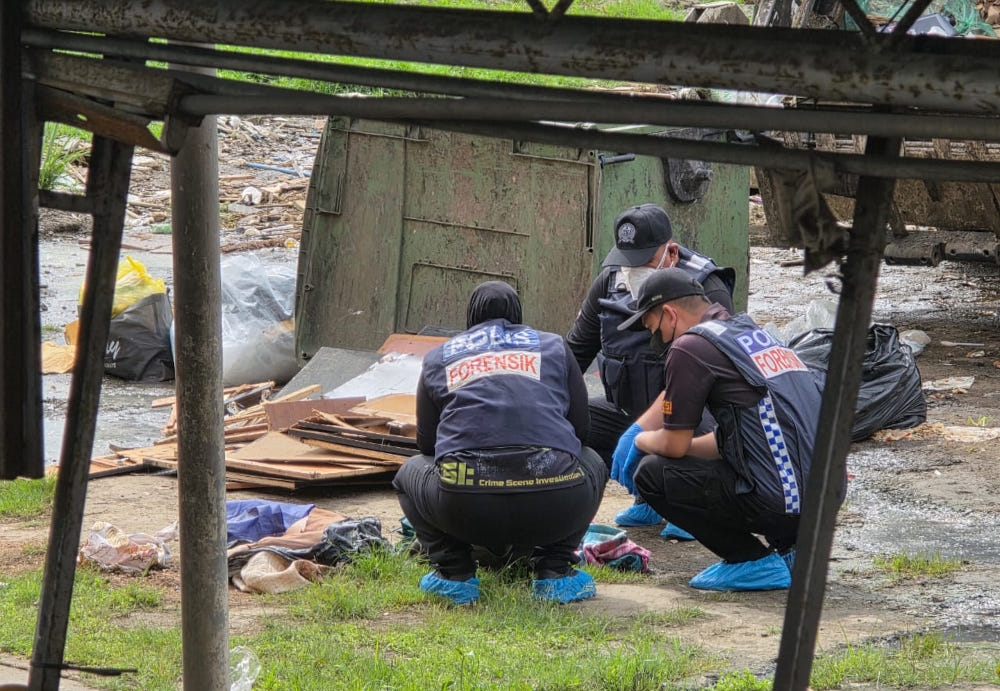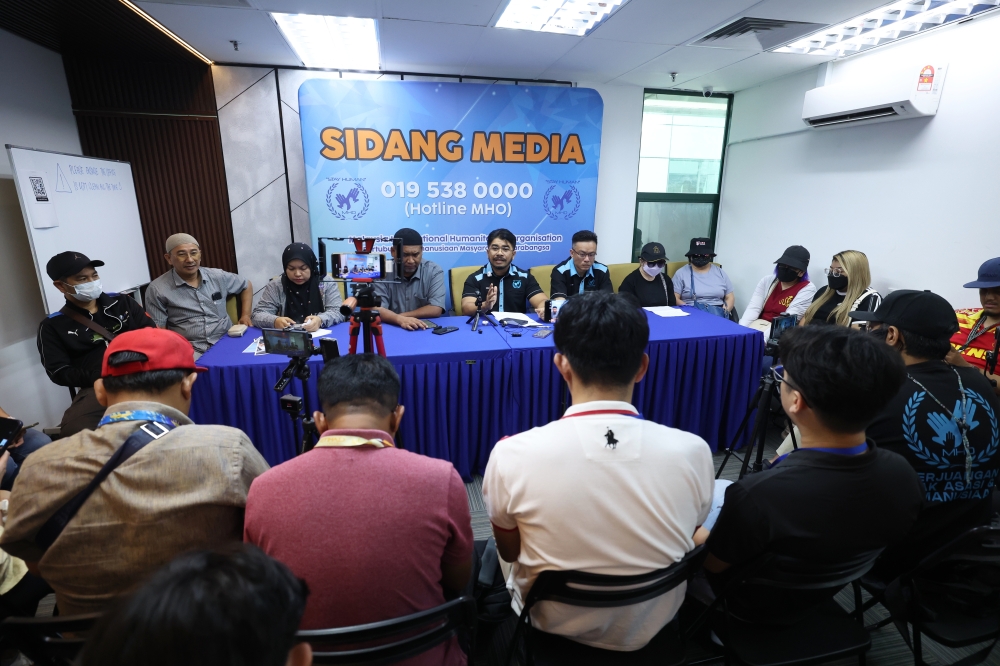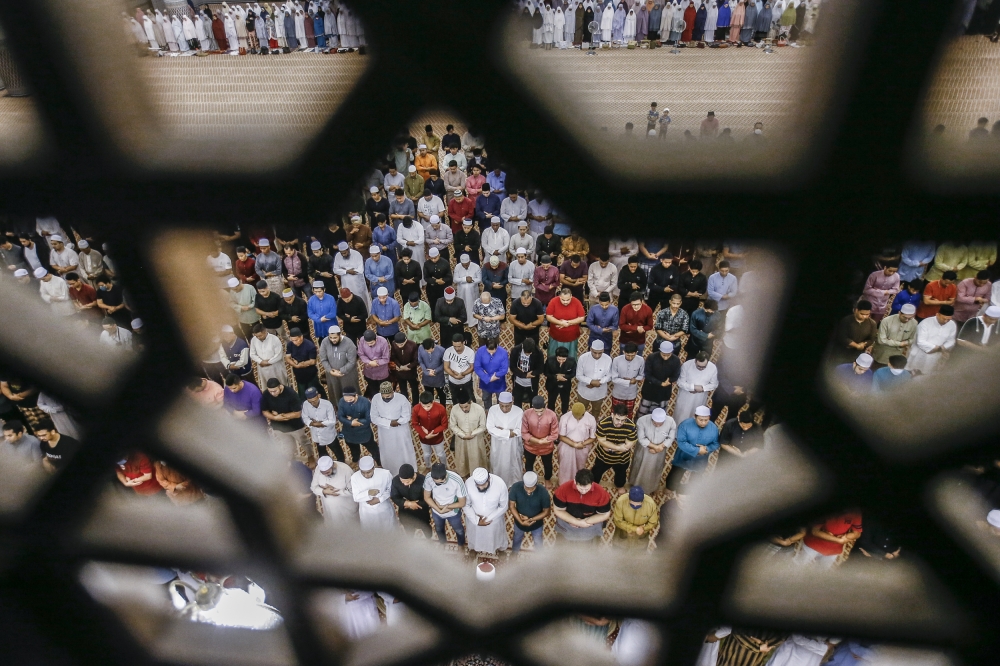NOVEMBER 18 ― It was the night of Friday the 13th. Almost as though living up to its superstitious connotation, it was on this very same day that France was struck by a tragedy.
Seven terror attacks happened in Paris, killing at least 129 people. Two explosions were launched close to Stade de France, and a team of gunmen arrived in central Paris to open fire. Attackers held siege in a hall full of concert-goers.
Just a day before that, Lebanon was struck by yet another act of violence. Beirut was struck by suicide bombers, killing 43 people and at least 239 others injured.
Almost immediately, social media was rife with reports about the Paris attacks and condolences were sent out to the families and friends of the victims. Facebook uploaded a feature for people to emblazon their profile pictures with le Tricolore. And then, the comparisons started coming in.
“France’s one day of terror is Syria and Palestine’s every day!”
“How come there’s so much coverage about France, but no one talks about Beirut?”
“I guess people don’t care about the Middle East because they’re not white enough.”
“Why won’t Facebook upload a Syrian/Palestianian/Afghan/Lebanon flag?”
The bitter irony of it all is that the same people who compared the Paris attacks to the war zone areas, do not actually talk about them until Paris was attacked. They do not bring up terrorism in the Middle East until given a context to compare it to. Almost as if to self-congratulate themselves for being “more humane” than other people.
Did the media really silence the Beirut bombings? Writer Max Fisher of Vox.com thinks otherwise.
In his article, “Did the media ignore the Beirut bombings? Or did readers?”, he mentioned that the media actually covered the bombings extensively. The New York Times, The Washington Post, The Economist, Daily Mail and many more news outlets covered the story lengthily.
He went on to say that just like any other stories of previous bombings outside the West, readers have largely ignored them. Max and his team have covered such attacks for years, but they have grown accustomed to the fact that the nobody reads or are interested in them.
So it’s not that there weren’t news about Beirut. There was. People just did not find importance in them.There are reasons why the Paris attacks were given more attention.
France, being one of the top tourist destinations, is an unusual victim of a terror attack. France does not experience as much terrorism as other countries such as Syria, Palestine, Lebanon. As much as we’d like to deny it, frequent coverage on these places eventually turn into “usual” or “old” news, making the latest attack on France a shock to the world.
People are also more likely to share news that they can relate to. Paris, affectionately known as “The City of Love”, is a famous travel destination for many. The city is also portrayed many times in pop culture and the entertainment industry, something which almost everyone pays attention to, thus a terror attack to the city is worrisome to even laymen. Foreigners have died in the Paris attacks, which also creates a sense of fear in people that they could be, or might have been, one of the victims.
The kind of accounts that people follow on social media influences the type of news that they are exposed to. Only ignorant people say that no one cares about Syria and Palestine. If you follow stories from E! Online, Celebritain, CelebGossip and the likes, and not CNN, BBC, Al-Jazeera and such, you are the only person at fault if you are left in the dark of terror attacks.
One of the most offensive things I read about the Paris attacks was, “Why are you crying over the kafirs of Paris when our Muslim brothers and sisters are dying every day in Palestine?” I find it appalling that many Muslims feel the need to only respect other Muslims. How is this following after the Prophet’s (PBUH) example of gentleness, kindness, acceptance and tolerance?
It’s very easy to blame the media for disproportionate news, but really it’s our own fault. Journalists have been trying for years to break through to the reader’s interest regarding attacks that happen outside of the West.
Do not turn times of grievance into petty arguments on what is being posted on social media. It is no longer about you and who is more “aware”, but about the people who are actually affected by these horrifying events.
My heartfelt thoughts and prayers go out to everyone affected by extremist beliefs, regardless of race, language, country or creed. I am sorry.
*This is the personal opinion of the columnist.




